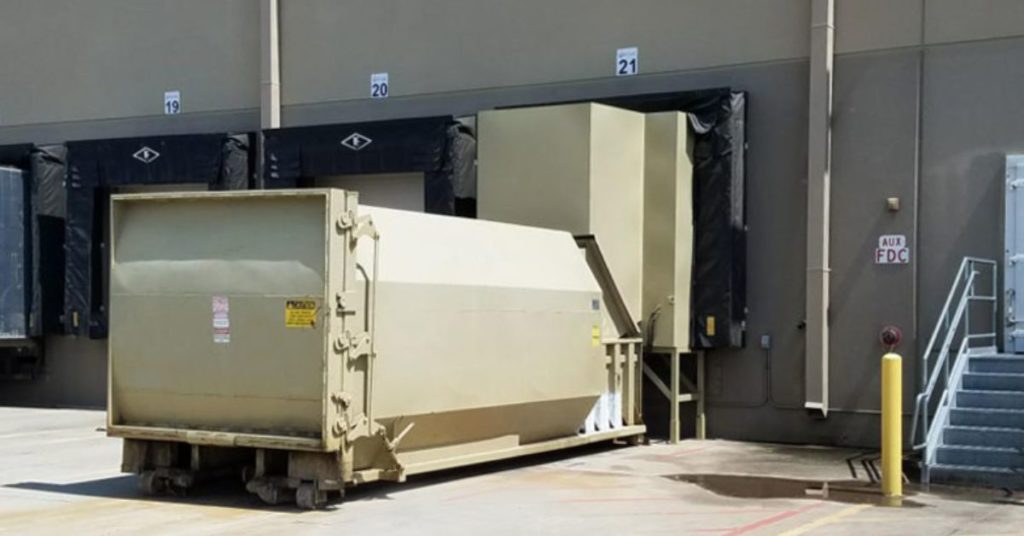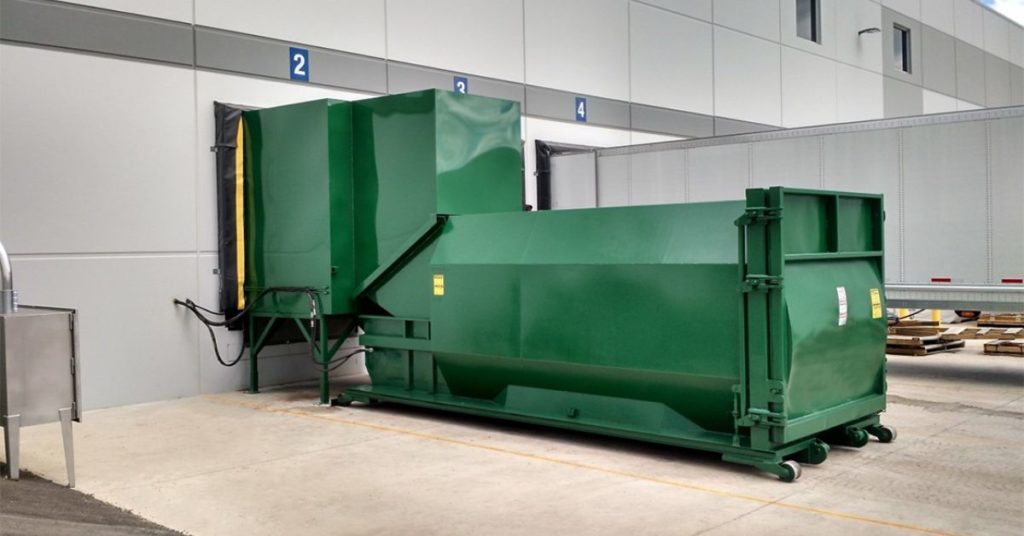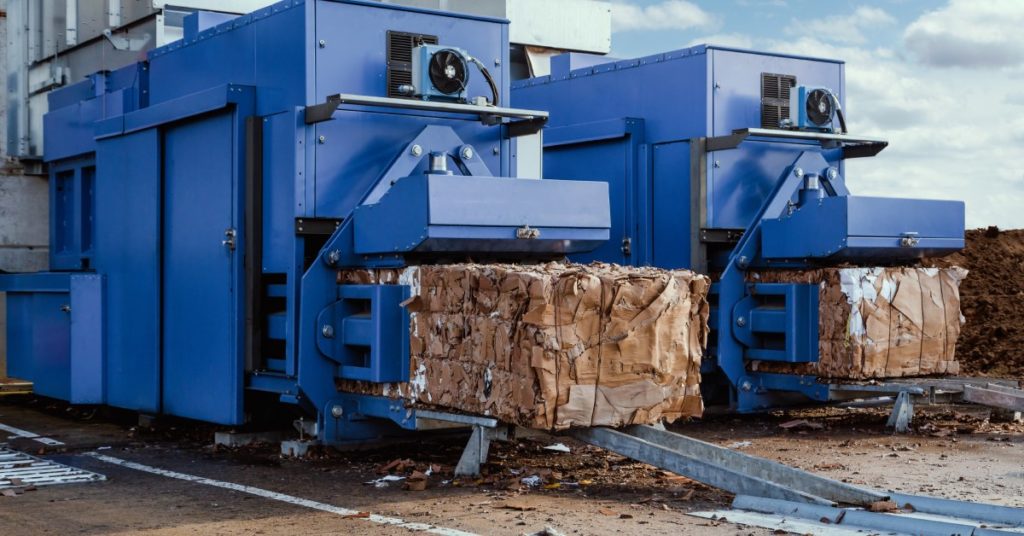Recycling programs have long been associated with environmental sustainability, but their positive economic impact often goes unnoticed. Implementing a robust recycling program isn’t just a “nice-to-have” practice for property managers and maintenance coordinators overseeing multifamily complexes, commercial spaces, or industrial properties—it’s a smart financial strategy.
Recycling can optimize budgets while keeping tenants and stakeholders satisfied. Explore the economic advantages of recycling programs to integrate efficient processes for waste management, from reducing operational costs to creating new revenue streams.
Why Recycling Matters
Commercial and residential properties generate massive amounts of waste daily, and without proper waste management strategies, disposing of that waste piles up high costs. Municipal fees, landfill charges, and labor-intensive trash collection can quickly strain operating budgets.
Recycling reduces these costs and aligns property managers with sustainability goals that increasingly attract environmentally conscious tenants. A well-structured recycling program positions your property as modern, responsible, and community-focused—all essential features tenants look for today.
Lower Waste Management Expenses
Landfills impose strict tipping fees, averaging to 53 dollars per ton in the United States. These costs quickly add up when commercial and residential properties exclusively rely on traditional waste disposal methods.
Additionally, recycling diverts massive amounts of waste from landfills, significantly reducing the weight and frequency of trash pickups. Recycling minimizes the overall waste volume of glass, plastics, and metal, which directly shrinks hauling fees.
A Key Tool To Save More Money: Cardboard Recycling Balers
Cardboard is one of the most common waste materials that commercial and residential properties produce. Boxes for deliveries, packaging used during tenant move-ins, and discarded corrugated cardboard can overwhelm dumpsters quickly.
However, property managers and maintenance coordinators can compact and process large quantities of cardboard on-site by investing in a cardboard baler rental.
Here’s how cardboard balers save costs:
- Compacting cardboard means you’ll need fewer dumpster pickups, cutting down on haul-away expenses.
- Cardboard left loose in mixed-waste bins often becomes contaminated, severely inflating fees. A baler ensures that cardboard meets recycling standards.
- Many recycling centers will pay for bundled cardboard. Property managers with balers can sell these bundles, converting what might’ve been trash into profit.
The returns from an upfront investment in balers often become visible within months.
Monetizing Recyclables
Recycling programs offer far more than cost avoidance; they create earning opportunities. Markets for recycled materials, such as paper, metals, and cardboard, remain strong due to global demand. These materials could become consistent revenue sources for properties with substantial waste outputs.
- Metals (aluminum cans, scrap metals from appliances): Many facilities pay handsomely for recycled metals. Sorting these out of regular waste streams can result in substantial payouts each month.
- Paper (office paper and cardboard): Paper buy-back programs are dependable when you properly sort and deliver these products to recycling centers. Regularly selling baled cardboard could result in hundreds, if not thousands, of dollars annually.
- Electronics (E-Waste): Electronics recycling is highly lucrative because materials such as copper, gold, and rare earth metals become reclaimed through proper channels.
Encouraging e-waste recycling programs brings mutual financial advantages for maintenance coordinators and property managers handling a mix of tenants—especially retail or office spaces. Plus, collaborating with a local recycling facility or partner guarantees fully monetized waste streams.
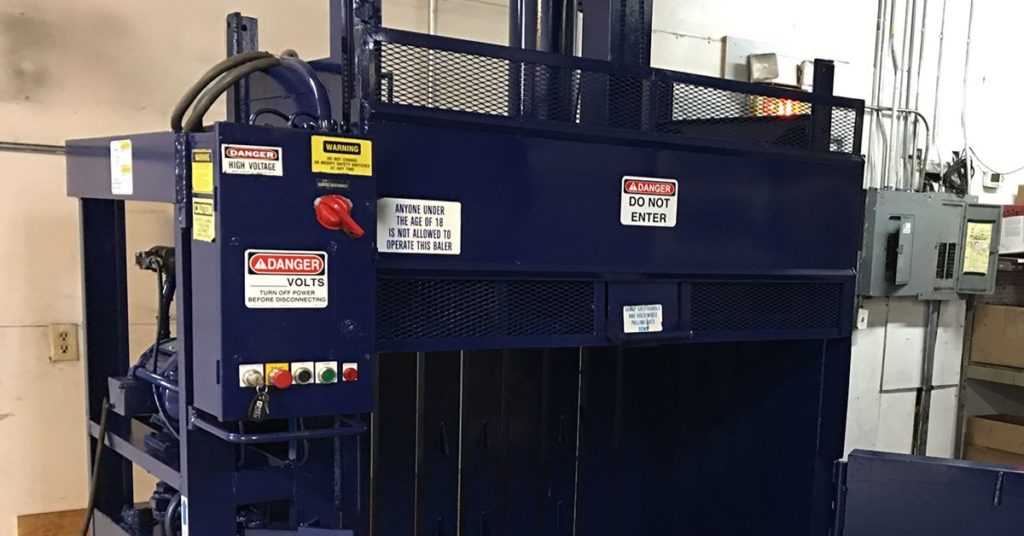
Enhancing Tenant Satisfaction and Retention
While not a direct monetary benefit, increasing tenant satisfaction has long-term economic advantages. A growing number of tenants, particularly Millennials and Gen Z renters, prioritize eco-friendly and sustainable living. Including recycling bins at convenient locations, offering tips on proper recycling, and providing accessible solutions, such as community e-waste drives, can contribute to higher retention rates.
High tenant retention ultimately translates into fewer vacancies and reduced turnover-related expenses such as advertising, cleaning, and onboarding new tenants. A positive reputation for sustainability also enhances the property’s market value, attracting tenants who may otherwise look elsewhere.
How To Engage Tenants With Recycling Programs
- Use newsletters or posters to inform tenants about how their building handles recyclables and what happens to the materials they sort.
- Organize raffles or giveaways, rewarding participants committed to recycling each month.
- Place clearly labeled recycling bins near trash facilities, laundry rooms, or courtyards so it’s easy for tenants to participate.
Recycling doesn’t need to feel like work; incentivizing and educating tenants ensures higher participation rates.
Comply With Local Waste Management Regulations
Municipalities across the country continue tightening regulations around waste separation and landfill usage. Failing to comply with evolving regulations can result in hefty fines for commercial property managers.
However, recycling programs help properties stay ahead of compliance requirements by keeping waste streams clean, and meeting required diversion quotas. Costly penalties for businesses ignoring mandates often exceed the cost of simply introducing recycling infrastructure. Playing by the rules isn’t just responsible—it’s cost-effective.
Anticipating Future Legislation
New York, San Francisco, Seattle, and other major cities have already imposed strict standards surrounding recycling and composting. Staying compliant now prepares your property for more stringent policies expected nationwide in the coming years.
Creating Long-Term Savings Through Efficiency
The economic advantages of a fine-tuned recycling program extend far beyond current operational budgets. Long-term savings emerge from streamlined waste collection processes, partnerships with recycling services offering discounted rates, and reduced wear-and-tear on waste disposal facilities.
Additionally, improving operational efficiency within waste management translates into opportunities for fund reallocation—whether reinvesting in property upgrades, expanding to additional properties, or building contingency reserves. Ultimately, well-thought-out recycling systems future-proof properties. They reduce costs now, support a positive brand reputation, and adapt seamlessly to industry shifts.
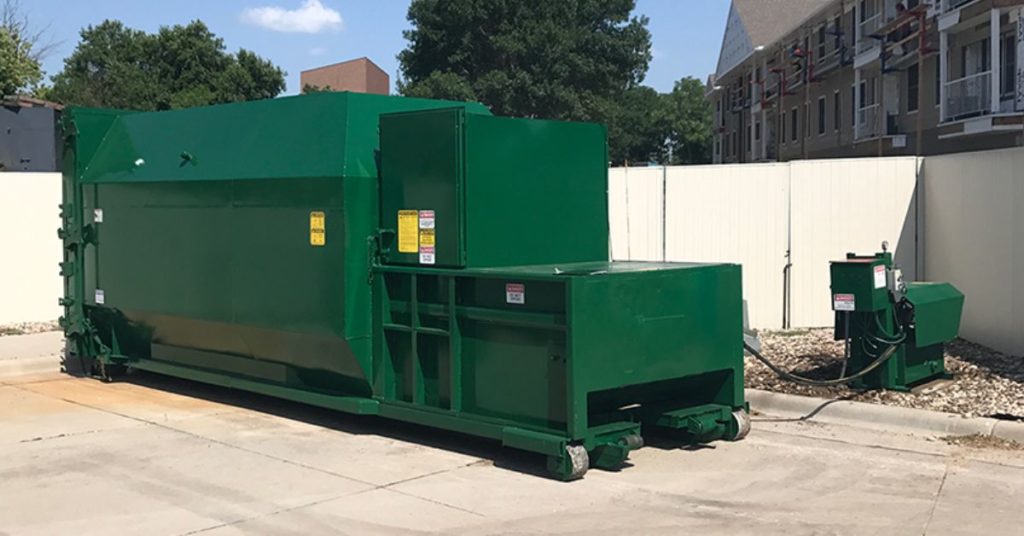
More Financial Benefits from Going Green
While immediate cost reductions and revenue streams are compelling enough, property managers can also benefit from incentives. Several states and municipalities offer tax breaks, grants, or rebates for businesses implementing designated “green” initiatives. Recycling programs often qualify for these incentives, adding another layer of economic advantage.
Sustainability Incentives
- Local property tax reductions for buildings achieving Leadership in Energy and Environmental Design (LEED) certification or similar standards.
- State rebates for installed recycling equipment such as balers or industrial composters.
- Grants awarded for community-based sustainability efforts implemented at multifamily properties.
Keep in mind that continued engagement with local government or trade organizations helps uncover potential financial perks unique to your area.
Recycling is more than an environmental choice; it’s a sound financial strategy for property managers and maintenance coordinators. Transform the obligation to recycle into an opportunity to improve your business and help others and the earth by understanding the economic advantages of recycling programs.
